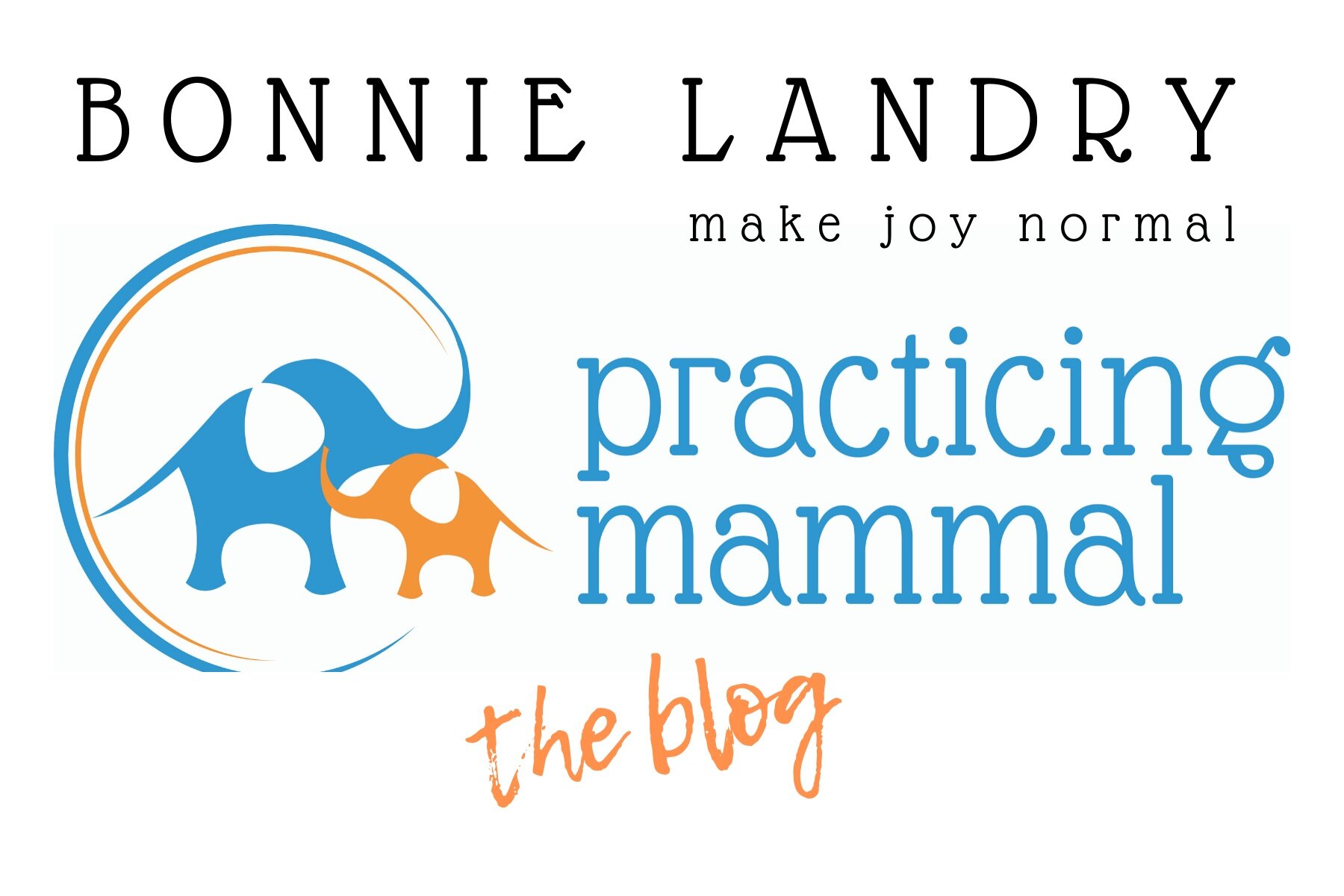language arts in high school
High school “English” consists of two main parts: Composition and Literature.
If we consider that the whole goal of education – homeschooling, private or public schooling is to raise literate people, then we have a clue about what the heck “high school English” is all about.
Composition means writing. Learning how to write well is an important aspect of literacy, and pursuing higher education. We should be able to express our ideas, thoughts, opinions, knowledge and understanding in clear, concise, accessible terms that are factual and well supported. We should be able to express ourselves in such a way that we can persuade, if necessary, incite action or make our readers mindful or considerate of the topic in question.
Writing is, primarily, the presentation of ideas. If we are considering the courses and programs available to our children for high school English, we should be always bear in mind the purpose of composition. The purpose of education. To expand the mind. Ideas should be presented thoughtfully. In order to explore ideas and present ideas, we must HAVE ideas. We must have an appreciation of the ideas of others.
Which of course, naturally leads to the study of literature. It’s extremely difficult to share ideas effectively if you’ve rarely had any, discussed any or bumped up against any ideas. Yes, there are plots and conflicts, themes and settings, but all of these elements of literature are there for the purpose of exploring ideas; great ideas, conflicting ideas, evil ideas, foolish ideas, new ideas. When people experience literature and have opportunity to ponder and discuss great ideas and see new perspectives and argue points of contention…they grow. The purpose isn’t to be able to prepare an adequate book report or to be equipped to identify the main conflict in a novel. Book reports and the identification of elements of literature can be helpful in the pondering and exploration of ideas. Let’s put the study of literature into context.
The operative word in our family life is discussion. The exploration of ideas, of course, happens through reading and thinking, but discussion is a forum for bouncing ideas around, sharing alternate opinions, developing thought and critical thinking skills. To explore ideas without opposition is somehow wanting if we are trying to grow. Read aloud, even to your high schoolers. Fuel discussion.
We want our children to be both functionally and technically literate so that they can understand ideas and concepts such as history, mechanics, science, electricity, the life cycle of butterflies, religion, the pursuit of happiness or ANYthing else they ever want to learn. From literacy developed in the early years of what the words mean, we move into the literacy of what things mean. Ideas. Concepts.
Is the study of literature and composition essential to human existence? If you don’t know where your next meal is coming from, no. If you don’t know where you will sleep tonight, probably not. But if basic needs are being met, food, shelter, love…the next step that mankind wants to take is to KNOW and to IMPROVE.
Tomorrow I’ll talk about some ideas and resources for fostering writing skills and nurturing discussion.

